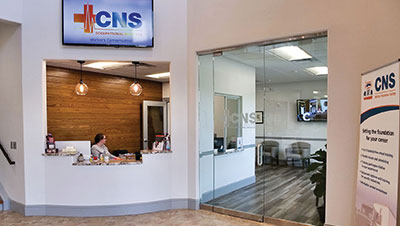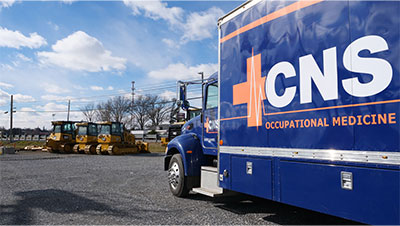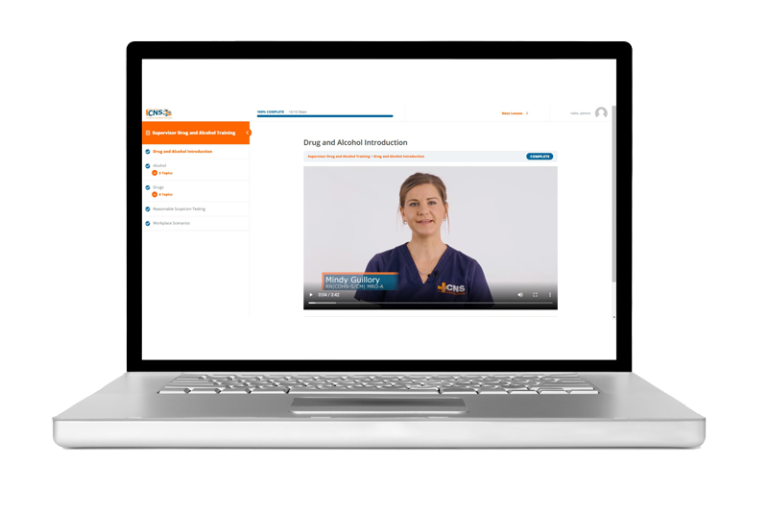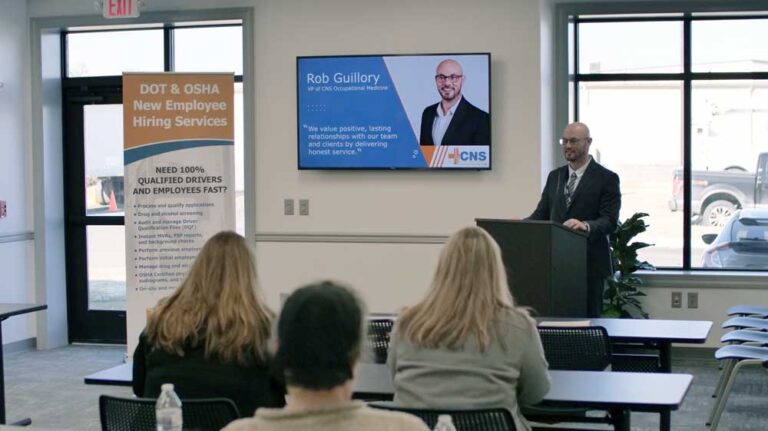On Jan 4, 2022 the Occupational Safety and Health Administration (OSHA) realeased a new letter of interpreataion (LOI) around Part 1904 that says injuries and illnesses that occur during an employee’s “normal commute” are not work-related and therefore not recordable.
However, the interpretation details an example where, during a normal commute, the employee is called back to the office for more work-related activities. If there is an accident outside of their normal commute, the employee is engaged in a work activity “in the interest of the employer,” and the employer must record the incident.
OSHA Scenario and Response
Scenario: As part of their normal workday, an employee commutes in their personal vehicle from home to the workplace. At the end of their 8-hour work-shift, the employee commutes from the workplace to their home. Later that same day, there is an emergency at the workplace, and the employee’s supervisor calls them to return to work to assist with resolving the emergency. The employee starts driving back to the workplace but is involved in a motor vehicle accident with another car. The accident results in the employee sustaining an injury and hospitalization.
Need an on-site mobile health unit for physicals, drug testing or other exams? Learn more.
Question: Is the employee’s injury resulting from the accident during the second trip back to the workplace a recordable injury?
Response: In the scenario above, the employee had completed his normal commute to and from work for the day and was directed back to the workplace by the employer to assist with a work-related emergency. Since the employee was required to return to the workplace outside of his normal commute, the employee was engaged in a work activity “in the interest of the employer,” and was traveling as a “condition of employment.” Accordingly, the resulting injury and hospitalization is work-related and must be recorded on the OSHA 300 log.
Unraveling the new interpretation
This new interpretation creates more questions about the definition of a “normal commute” since it seems that OSHA is allowing one “normal commute” per day or during normally scheduled shifts.
Additionally, the LOI seems to be in contradiction with the Department of Labor as the DOJ would not consider the employee on-duty for pay until they got to the location. Yet, OSHA is siting 1904.5(b)(6), that would normally be paid travel, for part if their reasoning to record an accident when this scenerio would be unpaid.
In a different situation, if an employee at home is suddenly called in to work at a different further location, the “normal commute” exemption should still stand even if it is not their every-day commute, because it is their first commute. Any accident in this situation is not required to be recorded by the employer.
OSHA rules for interpretation:
- 1904.5(a) provides that an injury or illness must be considered work-related if an event or exposure in the work environment caused or contributed to the injury or illness or significantly aggravated a pre-existing injury or illness.
- 1904.5(b)(1) defines the work environment as the establishment and other locations where one or more employees are working or are present as a condition of their employment.
- In 1904 work-relatedness is presumed for injuries and illnesses resulting from events or exposures occurring in the work environment unless an exception applies.
- 1904.5(b)(6) provides that injuries and illnesses that occur when an employee is on travel status are work-related if, at the time of the injury or illness, the employee was engaged in work activities “in the interest of the employer.” For example, travel to and from customer contacts, conducting job tasks, and entertaining or being entertained to transact, discuss, or promote business.
For further guidance or changes in the future, you can consult OSHA’s website at http://www.osha.gov.
How can CNS Occupational Medicine help?
Our Occupational Medicine Team will develop a custom plan for your company. You may need a combination of services related to:
We understand the impact that lost time, limited duty, and medical costs have on the company and the employee. So, work with an occupational medicine provider that can come on-site with a mobile health clinic to reduce employee downtime away from the office
We also have a strong understanding of the OSHA recordkeeping rule and how certain medical diagnosis and treatments impact your OSHA 300 log.
Contact our medical team to develop your custom plan at 800.551.9816 or info@cnsoccmed.com.










